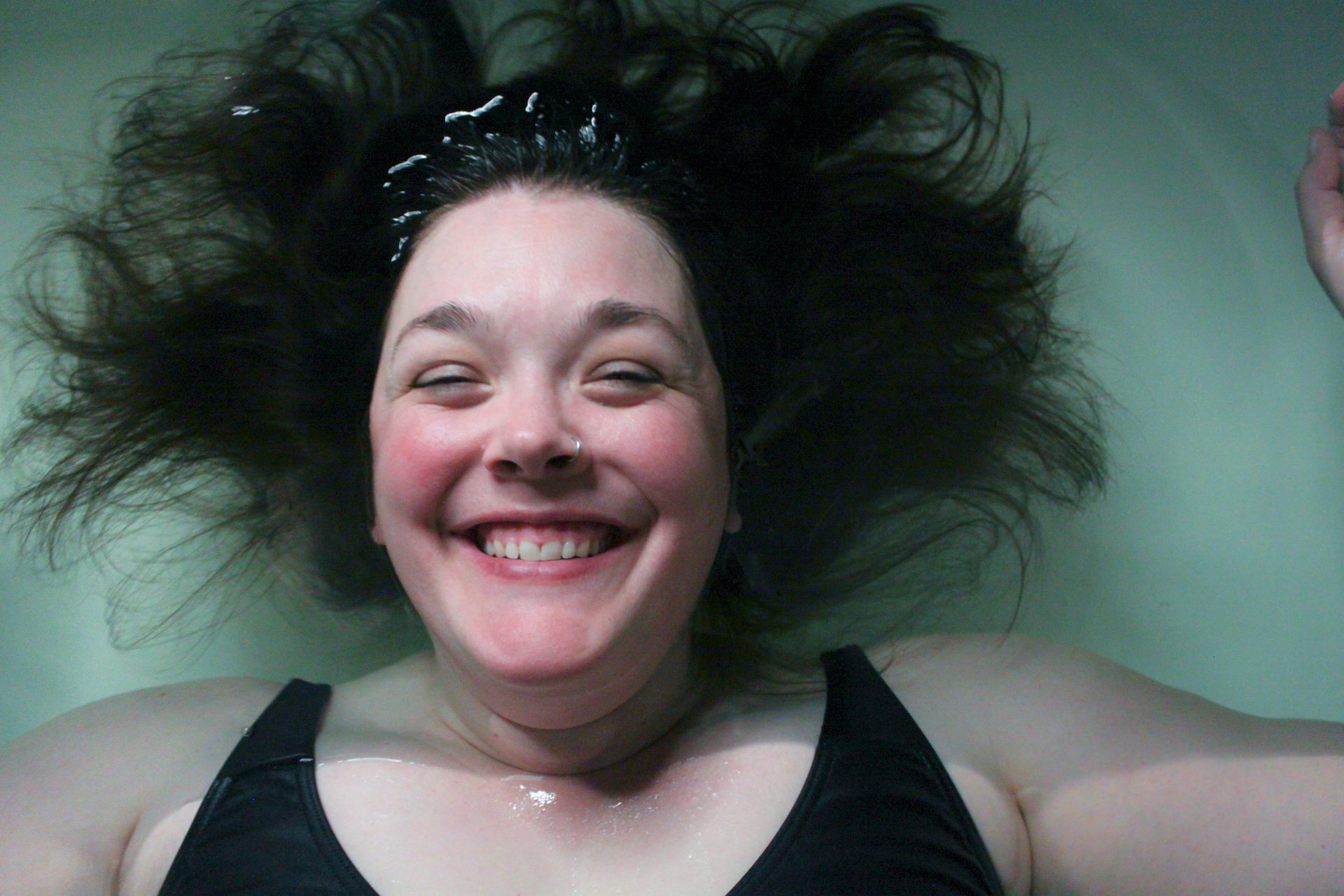Floatation Therapy: The Science Behind Improving Sleep Quality
Improve Your Sleep With Levity

Floatation therapy, also known as sensory deprivation therapy or float therapy, is a unique and powerful form of relaxation that has been gaining popularity in recent years. One of the most notable benefits of floatation therapy is its ability to improve the quality of sleep.
In this post, we will explore the science behind floatation therapy and how it can be used as a tool for improving sleep.
Sleep is an essential part of our overall well-being, and yet many people struggle with insomnia or other sleep disorders. Stress, anxiety, and other factors can make it difficult to fall asleep and stay asleep. Floatation therapy can be a helpful tool for improving sleep by promoting relaxation and reducing stress.
When we float in a sensory deprivation tank, we are surrounded by warm water that is saturated with Epsom salt. The high levels of magnesium in the water can help to reduce muscle tension and improve overall feelings of calm. The water is also heated to skin temperature, which can help to reduce the sensation of touch and create a sense of weightlessness. These factors together create an environment that is conducive to deep relaxation and rest.
The deep relaxation achieved during floatation therapy has been shown to be effective for improving sleep. A study conducted by the Laureate Institute for Brain Research found that people who floated for 60 minutes each day for two weeks had a significant reduction in insomnia symptoms and an improvement in overall sleep quality.
One of the benefits of floatation therapy is that it can help to reduce stress and anxiety, which are major factors that contribute to insomnia and other sleep disorders. Stress and anxiety can make it difficult to fall asleep and stay asleep, and floatation therapy can help to reduce these feelings. Additionally, the deep relaxation achieved during a float session can help to reduce muscle tension and improve overall flexibility and range of motion. This can lead to more comfortable sleep and less discomfort during the night.
Another way floatation therapy can improve sleep is by reducing pain and discomfort. Many people who suffer from chronic pain conditions such as fibromyalgia and rheumatoid arthritis find it difficult to sleep. The buoyancy of the water can help to reduce pressure on joints and muscles, leading to relief from pain and discomfort. This can help people sleep better and wake up feeling more refreshed.
Lastly, floatation therapy can improve sleep by reducing the effects of jet lag and shift work. Due to the nature of the float tank environment, the body experiences the sensation of being in a state of deep relaxation, which can help to regulate the body's internal clock, making it easier for the body to adjust to different time zones or work schedules.
In conclusion, floatation therapy is an effective and natural way to improve sleep. It's a unique form of relaxation that can provide a wide range of benefits, from stress relief and improved sleep to increased creativity and pain management. With so many potential benefits, it's no wonder that floatation therapy is becoming increasingly popular as a tool for improving sleep. To get the best benefits of floatation therapy, head to Levity and enjoy their well-maintained tanks and clean environment. The attendants at Levity will be able to guide you through the process and help you get the most out of your float session.
If you're looking for a way to improve your sleep, floatation therapy is definitely worth trying. So why not give it a try and see for yourself how floatation therapy can improve the quality of your sleep?
Get started by clicking the button below.
#floatationtherapy #sensorydeprivation #sleepimprovement #insomnia #stressrelief #relaxation #wellness #magnesium #deepsleep #floattank #floating #sleepdisorders #painmanagement #jetlag #shiftwork












